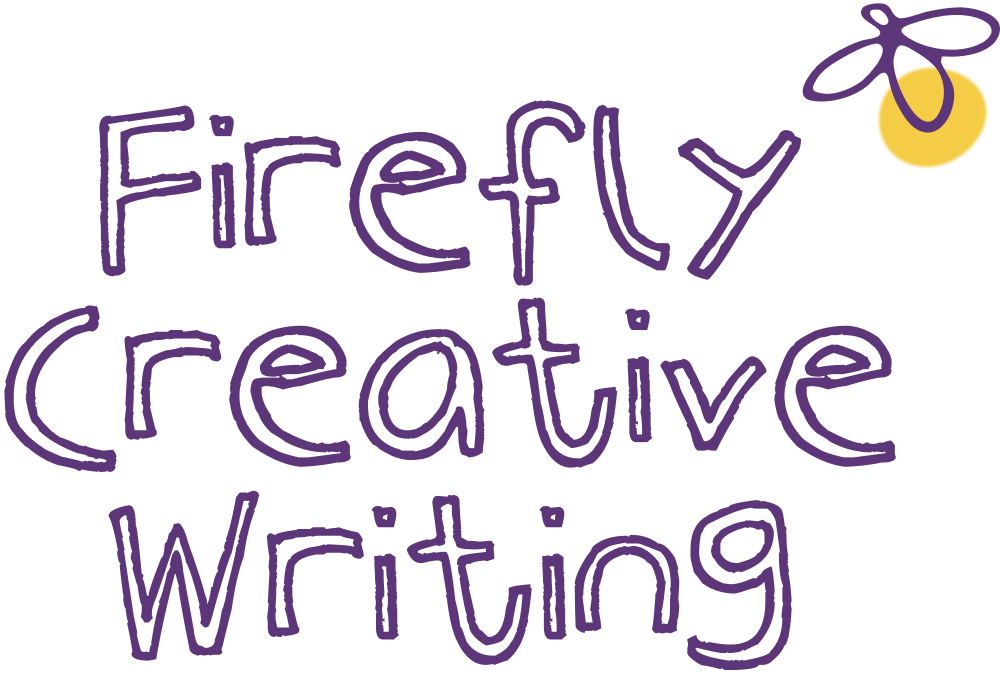All of our beautiful damage.
Top down view of the edge of a desk. Words on cut up pieces of paper are strewn on top. There’s a colourful rug in the background.
Hello Beautiful. I want to take you back to a day in grade four.
I remember that it was spring, warm, one of those first open-window days. My classmates and I streamed into the classroom and found, curiously, that all the desks had been rearranged.
There was a small cluster pushed together in the middle of the room, and the rest were in a wide arc around them, facing in. Our names had been written on little 3-fold paper tents so that we could find our spots.
It felt fun at first. I was excited to see who I was sitting beside. I found my desk and settled in. But as the class got started, a low hum filled the air, something like dread but more familiar.
I can’t remember if she explained it or if we all just knew. The island was for the good kids. The high achievers, the ones who knew how to dress and talk in a way that the teacher approved of. The rest of the class was poised around the outside, set up to watch them.
Problematic, right? It’s easy to see that now, and it’s easy to blame the teacher. But looking back on it with 30 years of distance, I also see something else.
My teacher was making conscious something we had been doing unconsciously all along — ranking us. Truth is, if you had walked up to any of us on the schoolyard and asked us who had the most power in grade 4, I’m fairly sure we would all have pointed to those kids. In fact, we could probably have ranked the entire class.
We are taught young that human hierarchy is natural and inevitable. We are lined up in gym class as we wait for the team captains to call our names. We carry our report cards home, revealing our worth in little columns. A few years later in grade 6 when the boys asked my friends and me to line up, turn around and bend over so that they could judge our butts, we thought nothing of it. We were just curious about how we’d rank.
This is a story about me, but of course it is a story about all of us.
Maybe someone avoided this “culture of evaluation,” went to alternative schools or was raised outside of institutions, but at some point reality TV entered, or capitalism, or the Olympics. This is our beautiful damage, this false belief that worth needs to be earned, that impressing others is more important than fulfilling ourselves.
So much of the work of my colleagues and I do at Firefly involves gently reversing that assumption. I hear from people all the time:
“I want to join but I’m not a good writer.”
“I want to share this piece but it’s not as good as everyone else’s.”
I say — who told you that? What is that voice doing for you? Who would you be without it?
Of course I know that voice. I was in the outer circle in grade 4, always chosen late for gym teams, and my butt — not a winner. No matter how hard I tried, I could never get the validation I craved from those systems. The gift of this is that it gave the the fuel and determination I needed to create something else.
I became a student of gentleness. I knew that no one’s place was on the edges. I knew that human hierarchy was an illusion, and that it didn’t lead anyone — not even those kids in the middle of the room — to doing their best and truest work.
I need Firefly more than anyone, but I’m so glad I get to share it. And I’m so glad you found it.
Welcome. You’re welcome here. You can take any seat you like.


